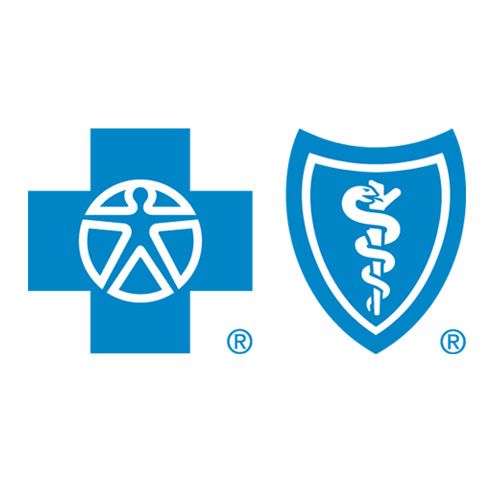Annual wellness visits help seniors keep health on track
August 23, 2022When Donna Walberg’s sister, Peggy, was 53, she passed away from a massive stroke. Peggy had been treated for a recent heart attack—both were hereditary issues for the family—and Donna believes more knowledge of the conditions and preventive measures might have saved her life. That’s where one type of preventive visit can come into play: Medicare Annual Wellness Visits. These annual wellness visits help keep senior health on track.
What's a wellness visit?
Different from a routine physical, annual wellness visits takes a holistic view of your health.
“The annual wellness visit focuses on looking at you as a whole person, including your family, what’s going on in your life,” says Walberg, 65, a St. Cloud, Minn., resident and Blue Cross and Blue Shield of Minnesota member.
“Then they work with you to come up with a plan of care that fits your lifestyle and your needs that’s something you might stick to and can actually improve your life, which could save you from that heart attack or stroke.”

Dr. Mark Steffen, chief medical officer for Blue Cross, recently sat down with radio personality John Hines to discuss the latest Blue Cross survey. They talked about accessing health care while away from home and even whether to schedule preventive care visits before or after a vacation. Watch the full video.
Physicals verses wellness visits
Different from a routine physical, an annual wellness visit takes a holistic view of your health. The visit will include a review of your prescriptions, doctors or other health care providers and help you determine risk factors— like obesity— that could lead to diabetes and/or heart disease, as well as cognitive impairment.
Here are five things you can expect at a wellness visit:
- A discussion of your full medical history, including surgeries, illnesses, and conditions, as well as your family’s medical history.
- An evaluation of all your prescription and nonprescription medications, vitamins, and supplements for a thorough review.
- A check of your functional level of safety, especially your risk of falling.
- A review of signs of cognitive impairment and depression, possibly including a quick screening.
- A chance to talk with your doctor about preventive screenings you should schedule during the year.
Wellness visits matter
 Donna knows all too well why these tests matter, especially when detecting cognitive impairment. Six years ago, after a routine cognitive screening and follow-up diagnostic testing, Donna's husband, Lee, was diagnosed with Alzheimer’s disease.
Donna knows all too well why these tests matter, especially when detecting cognitive impairment. Six years ago, after a routine cognitive screening and follow-up diagnostic testing, Donna's husband, Lee, was diagnosed with Alzheimer’s disease.
In the screening, he was asked to draw a clock, a simple neurological test now commonly administered during an annual wellness visit.
“He put all the numbers up in one squashed area of the circle and he couldn’t figure out where to put the hands, so that was an indicator that he had problems with executive function. The testing proved that that indeed was the case,” Walberg says.
Unfortunately, Donna's husband was already four to five years into his dementia before the test showed that he had any impairment.
Regular wellness visits can detect risks earlier
Donna serves on the Minnesota Board of Aging’s Alzheimer’s Initiative, a position she has held for the last 18 years, as well as serving as a member of the National Alzheimer’s Project Act Advisory Council on Alzheimer’s Research, Care, and Services.
That underscores the annual necessity of a wellness visit, because even an Alzheimer’s expert may not spot early signs.
As for Donna, she recently completed her own annual wellness visit, where she planned out her preventive screenings for the year.
She also took a three-minute test that can help detect signs of cognitive impairment in older adults. The test utilizes the clock-drawing exercise. How did she do? “They said I did the neatest clock drawing they’ve ever seen.”
Editor’s note: The full version of this article first appeared in an edition of thrive., the healthy living magazine for Blue Cross Medicare Advantage members. Visit Bluecrossmn.com/thrive for more information.



So how does one get a regular physy?
Hi Judith – You can call the number on the back of your member insurance card and they will be able to assist you.
Where do you go for an annual Wellness visit?
Hi Sharon – You can call the number on the back of your member insurance card and they will be able to assist you.